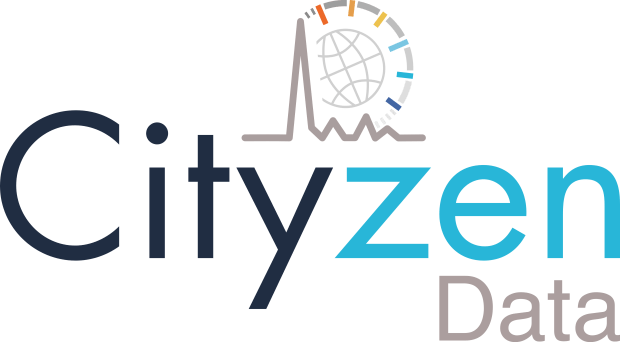
A technological shift is happening.
More and more connected objects are being produced. Along with this raise in production, these objects are also getting more diversified and complex. We are at the birth of an Internet of Everything era.
The number of connected objects is so high that it outnumbers by far the users they are connected to. This connectivity doesn’t range only up to smartphones and connected watches. Other fields of application include agriculture,industry, urbanism, smart grids. In some cases a real network of robots is involved, in which devices communicate with each other.
Coincidentaly to this surge of the connected object a problem needs to be solved : What is being done with the collected data ?
In the current era interconnectivity is very rare. In fact companies develop objects with systems that are in top-down model. This leads to poor interaction between products of different brands, an unfriendly situation for makers.
The second problem is about the ownership of the collected data.
Certain companies offer a free of charge service at the cost of the user’s privacy. This is for instance the case for certain social network service or web searching motors. On the other hand, users shouldn’t tolerate being charged for an object while also loosing property upon the data this object collects.
Last but not least, the amount of collected data is very important. Especially if the data is harvested at regular period of times such as one feed per minute.This can sum up to dozens of Terabytes a year.These quantities are very hard to afford especially for small businesses or makers. This situation worsens if the released product sits on the shelves. Some companies try to overcome this problem by using data clusters. A first set of measures is very accurately taken. Then an average per day is calculated and an equation to quantify data is used to take much less measurements. This isn’t very helpful for makers as they need much more data to think and build new projects.
Besides some changes in user’s habits can go unnoticed. The quantity of data is also meaning difficulties as to its analysis. Powerful tools, strong knowledge in the field of big data are mandatory.
More trivially a big data analyst is a bit like a plumber. It’s craft is quite hard to learn.
Thus three solutions are to be considered :
1 – Giving up (but makers don’t do that,do they?)
2 – Spending a lot of time and resources on grasping the big data concepts
3 – Asking a specialized organism to extract the data for you; which is in M.Gonzalez opinion the most viable choice.
Solution 3 is a hard choice for makers as it’s breaking the maker’s oath on DIY.
There are many companies that can provide analysis. Each of them is different however in its results, processing methods.
Thus it’s up to makers to make the most fitting choice for themselves.
M. Gonzalez is working for CityZen Data a subsidiary of CityZen Sciences.
CityZen Data was created after CityZen Sciences developed connected fabrics. In the advent of technologically assisted high performance sport, these fabrics collect data regarding the physical condition of the person who wears them.
CityZen Data has a very strong computer with extreme high end calculating means.This allows both the storage and the analysis of heavy quantities of data. One of the critical requirement for big data analysis is the ability to proceed to space-time series of analysis.
Makers must be cautious about big data corporations that brag a lot upon their skills and the range that their service covers.
CityZen Data is among the companies that has real ethics regarding the data their work with.Their ethics is as follows :
For a paid device, data belongs solely to the person who bought the product. From the previous statement, if profit is to be made from collected data, the user should receive the benefits. If the manufacturer of the device wants to share data, it must have the expressed consent of the device user
During an interview, I could deeper the grounds of these ethics. They aren’t only ideology but also stem from a pragmatic perception of business. CityZen Data believe that this transparency is vital for conducting data analysis, because if the companies keep being obscure they will drive customers away. And the other on a more personal statement M.Gonzalez highlighted the need for a more responsible and neutral education about technology.
The media are spreading information that create angst in our societies. This creates a bad climate for creativity as people are both dependent but afraid of technology. They regard certain people’s concern on this topic as “geek matters”. For these reason people should educate themselves to be able to reclaim technology.
However on a brighter note,the first CityZen Science connected fabric will be released at the end of the year. This will be a collaborative project with CycloLab.
Adrien BESNIER – Common Wave.
ADVERTISEMENT







